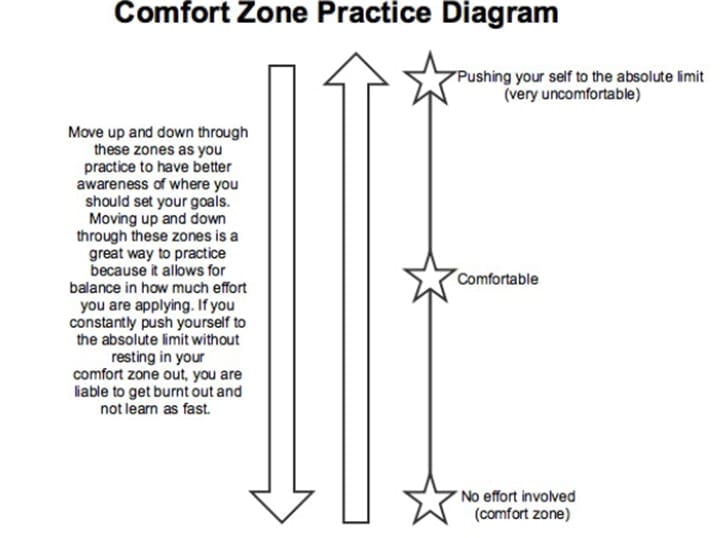When you’re learning to play drums, your main goal is always to improve. Here, Aurora, CO drum instructor Joey I. shares his tips to help you make drum practice more effective…
Whether you’re a beginner or an expert, there is always room to grow into an even better drummer. Most drummers want to know how they can get better, fast. These three steps will help you be a better drummer.
1. Be Aware
First and foremost, you need to be aware of your strengths and your weaknesses on the drum set. Once you know your strengths and weaknesses, you know what you need to focus on in order to improve. A drum teacher can help you with this process; he or she can develop drum exercises and practice routines to help you turn your weaknesses into strengths.
2. Determine Your Goals
Set aside some time to determine your drumming goals. Whether you want to play in a touring band, play local paid gigs, or just be the best drummer you can be, it’s vital that you understand why you want to play drums. Your goals give you direction and keep you motivated to work hard and improve.
When it comes to setting the right goals, you need to be aware of your comfort zone. Take a look at this diagram which shows the different areas of your comfort zone during practice.
To find your ideal goal, always shoot for just below your absolute limit. If you always push yourself to your absolute limit, you may burn yourself out and get discouraged. By setting your goal just below your ultimate limit, you’ll ensure that your goal is reasonable and something that you can accomplish.
Beginner and intermediate drummers can use this method to practice rudiments with the “open/close/open” or “slow/fast/slow” technique. Play the rudiment very slowly, and gradually increase your speed until you reach your limit. From there, begin to slow down again. This allows your mind and body to associate the relaxed feeling of playing slow with the action of playing fast, which allows you to play faster speeds with less effort.
3. Track Your Progress
Tracking your progress is essential to helping you reach your goals. You will be able to see your improvement, and also identify specific challenges and obstacles. Make sure to share your goals with your drum teacher, so that he or she can support you and help you if you’re struggling.
These principles will help you become a better drummer, and you can also apply them to any area of your life. These concepts will help you to stay engaged and will make your practice time more productive and fun.
Joey I. teaches guitar, bass, drum, and music theory lessons in Aurora, CO. He has been playing music since age 12 and earned his Certificate of Recording and Production from the Berklee School of Music. Learn more about Joey here!
Photo by Grego Blanco
Maile Proctor




